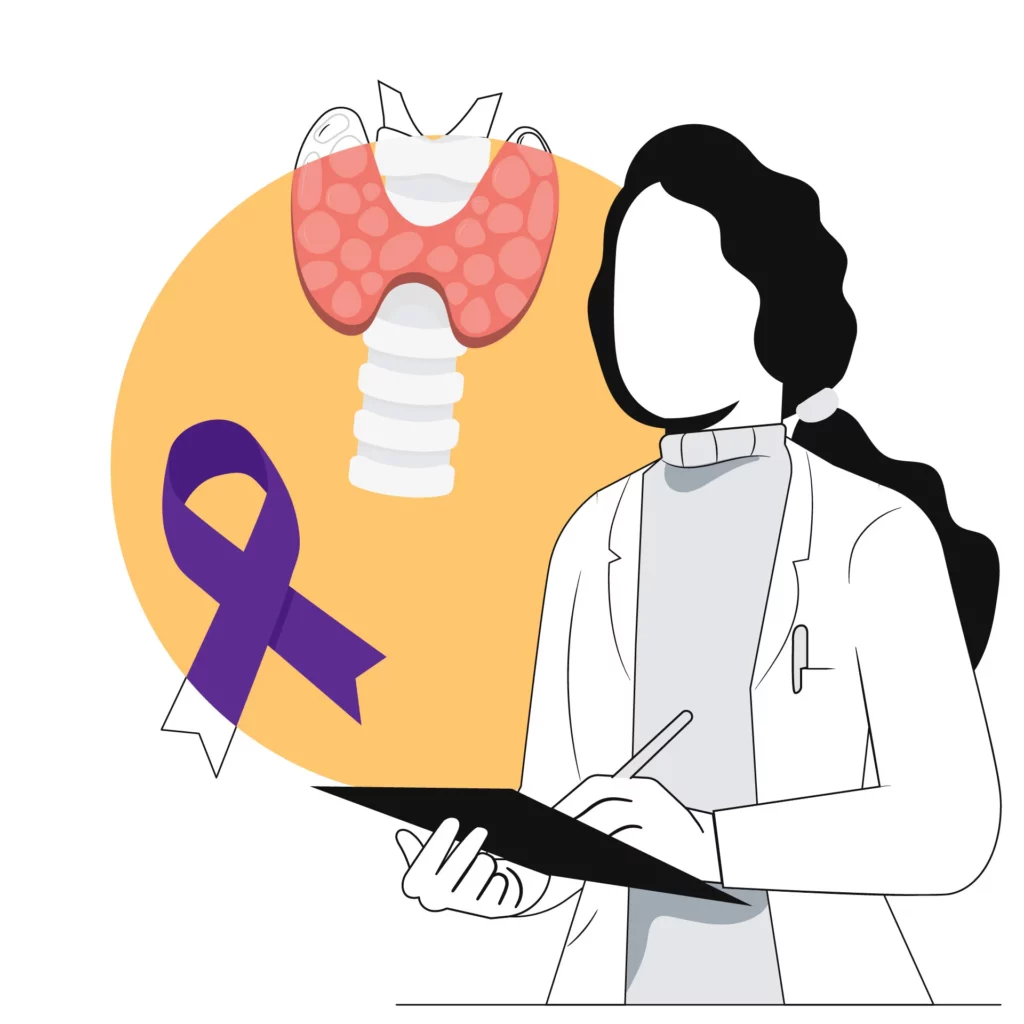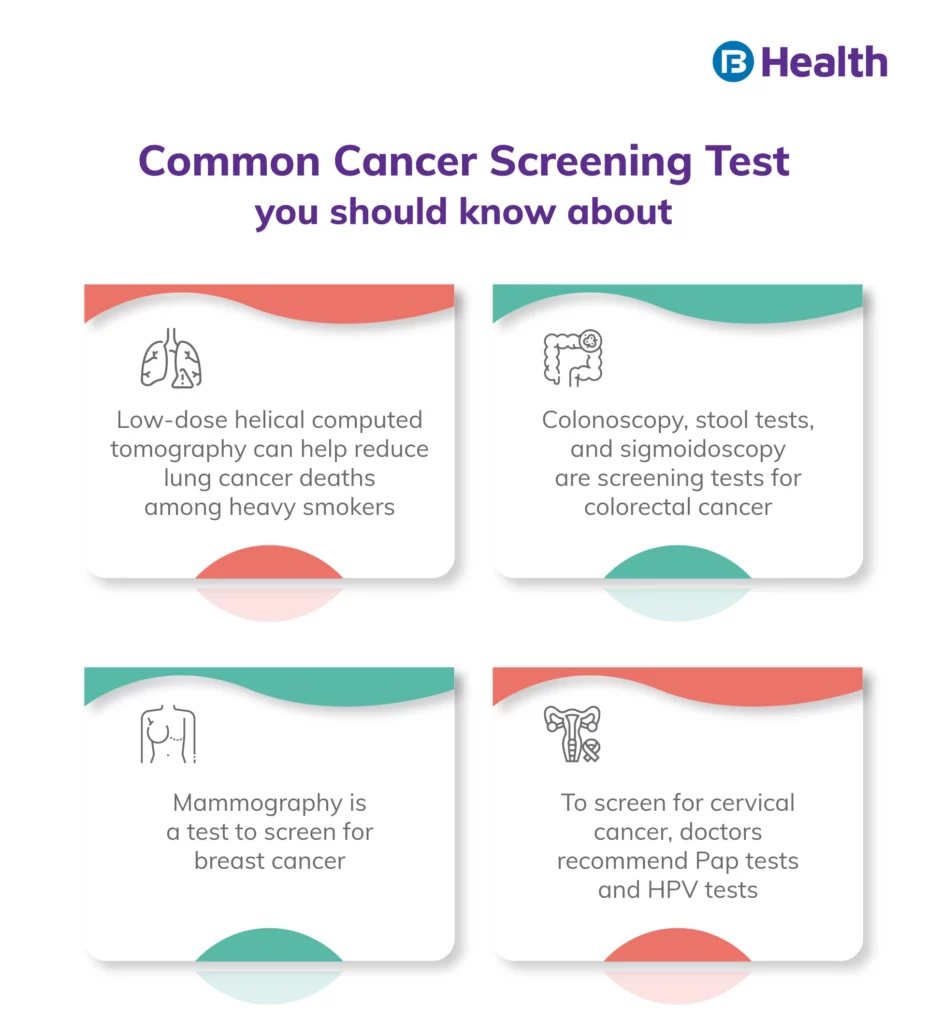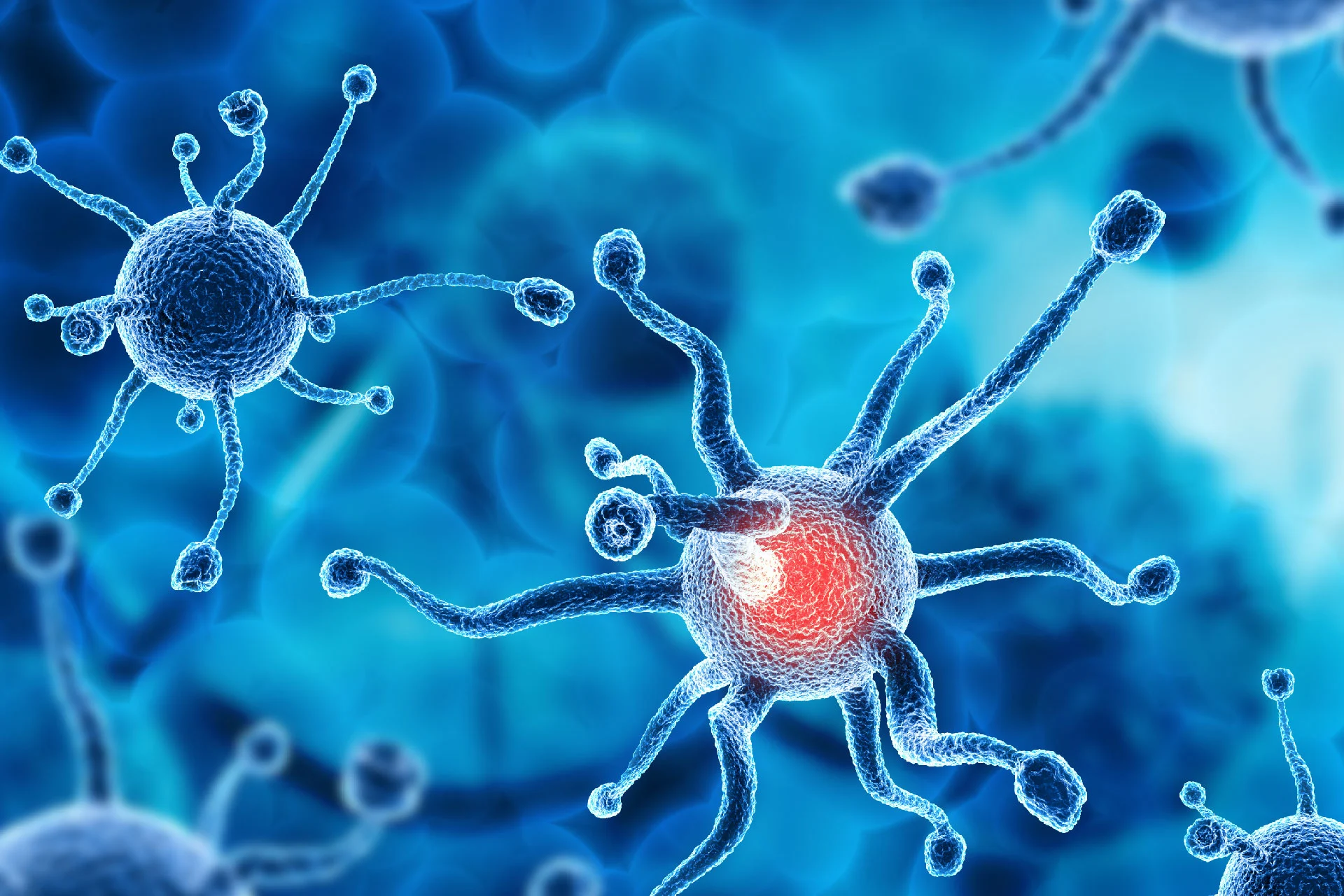Cancer | 6 min read
Cancer Treatment: A Brief Intro to 6 Cancer Therapies
Medically reviewed by
Table of Content
Synopsis
When it comes to cancer treatment, note that chemotherapy is not the only option doctors recommend. It is often a combination of multiple therapies. Find out more.
Key Takeaways
- Procedures for the treatment of cancer vary from case to case
- There are three levels of cancer treatment - primary, adjuvant and palliative
- Common cancer treatment options include chemotherapy, radiotherapy, and more
When it comes to cancer treatment, we usually think of chemotherapy. But it is important to remember cancer therapy is not limited to any particular procedure; doctors often recommend a combination of multiple procedures, such as surgery with radiation therapy and chemotherapy [1]. If you are about to initiate treatment for yourself or someone close, there are several factors you need to consider. First, it is essential to identify the different levels of cancer treatment.
Based on their roles, there are three levels of treatment – primary, adjuvant and palliative. Primary cancer treatment intends to completely remove the cancer cells via burning, freezing or surgery. Once the primary treatment ends, adjuvant treatment destroys any cancer cells that may have been left over. Doctors also may recommend neoadjuvant therapy as an alternative to adjuvant treatment. The only difference between the two is that the latter is done before the primary therapy to make the process more effective. The third step is a palliative treatment which can help heal the side effects of cancer treatment or relieve the primary cancer symptoms.
Note that it is natural to feel nervous or overwhelmed before starting treatment. However, doctors will always be there to guide you through the process, so make sure to have a heart-to-heart conversation with them. Read on to learn about the common facts and information regarding cancer treatment, which will guide you through the latest treatment procedures and help you to have a fruitful discussion with your doctor.
What are the different types of cancer treatment?
If you or a close one has cancer, the best treatment is the only thing you can look for. Based on the cancer's origin and condition, doctors recommend a specific type of treatment or a combination of different types of cancer treatment. Here's a look at the usual ways of cancer treatment doctors may prescribe.
Chemotherapy
One of the most popular cancer treatment procedures, chemotherapy kills cancer cells with the help of drugs. It either stops or prevents the fast growth of cancer cells. Apart from this, chemotherapy is an effective remedy for the treatment of tumours that are not cancerous.
Interventional oncology
This type of cancer treatment is recommended when a patient needs minimal invasive therapy. On the one hand, for patients, it is easier to undergo than surgeries. On the other hand, it is also a cost-effective treatment. Usually, interventional oncology has the following disciplines:
- Interventional pulmonology
- Interventional radiology
- Interventional pain management
- Interventional gastroenterology
As part of interventional oncology, doctors may perform the following procedures:
- Biopsies
- Portal-vein embolisation
- Blocking bleeding vessels to control life-threatening bleeding
- Implantation of stents in the bile duct
- Artificially directed therapies in liver
- Other several procedures
Radiation therapy
Also referred to as radiotherapy, radiation therapy is used to kill or shrink cancer cells. During the therapy, high doses of radiation pass through your body. If oncologists recommend a low dose, radiation can be given via x-rays.
Immunotherapy
This cancer therapy boosts your immunity to fight diseases and infections strongly. The drug used in immunotherapy is made up of tissues and organs of the lymph system as well as white blood cells.
Precision medicine
Also referred to as 'personalized medicine', precision medicine is a type of medicine that processes genetic or protein-related information about a person for disease prevention, diagnosis or treatment. For example, doctors use precision medicine in cancer treatment by including specific information about the person's tumour. It helps them diagnose the exact type and condition of cancer and plant treatment accordingly.
It can also help doctors decipher the effectiveness of ongoing treatment procedures. Common types of precision medicine used in cancer treatment include tumour marker testing to help identify cancer or HER-2-positive breast cancer cells.
Surgery
In the surgical treatment of cancer, surgeons remove the lumps containing cancer cells from your body. Instruments needed for surgery include scalpels and various sharp tools with which doctors can make cuts in your body during the procedure. The cuts may be through your skin, bones or muscles. As they can be painful, doctors may opt for anesthesia. Note that there are three types of anesthesia: local, regional, and general anesthesia.
However, there are various other ways to perform surgery without cuts. For example:
Lasers
In this type of treatment, doctors use lasers that can penetrate through tissue and destroy cancerous tumour cells in small areas. It is used in case of any cervical changes that can turn into cancer. Laser treatment is also common in basal cell carcinoma, esophageal cancer, vaginal cancer, non-small cell lung cancer, and more.
Cryosurgery
In this cancer therapy, oncologists take the help of argon gas or liquid nitrogen to kill cancer cells by freezing them in extreme cold. It is a helpful cancer treatment for retinoblastoma, precancerous cells in the cervix and skin, and early-stage skin cancer.
Photodynamic therapy
In this type of treatment, you are given drugs sensitive to a particular type of light, and a chemical reaction is induced between them. Photo dynamic therapy is mostly used to treat symptoms caused by non-small cell lung cancer, mycosis fungoides, and skin cancer.
Hyperthermia
As opposed to cryosurgery, this cancer treatment procedure uses high temperatures to treat cancer cells in a tiny area of the affected tissue. This cancer therapy destroys or makes cancer cells hypersensitive to certain chemotherapy medications and radiation. Radio frequency ablation, which processes high-energy radio waves to produce heat, is an example of hyperthermia.
As clinical trials are still on, hyperthermia is not widely available as a cancer remedy.
Additional Read: What are Stages of Cancer
Conclusion
Apart from these, there are a few other cancer treatment procedures, such as biomarker testing, hormone therapy, stem cell transplant, targeted therapy and more. The latest treatment includes all these. If you want to know further about cancer, you can comfortably get a doctor consultation on Bajaj Finserv Health.
If you want to visit a cancer specialist, an oncologist consultation is also available on the platform in both online and offline modes. Again, effective cancer management is possible if you get tested on time.
FAQs
What are the major treatment options for cancer?
Major cancer treatment options include chemotherapy, radiation therapy, immunotherapy, precision medicine, surgery, Internationale oncology, biomarker testing, hormone therapy, stem cell transplant, targeted therapy and more.
How to treat cancer without chemo?
Here are the treatment options doctors may recommend apart from chemotherapy -radiation therapy, immunotherapy, precision medicine, surgery, Interventionale oncology, biomarker testing, hormone therapy, stem cell transplant, and targeted therapy.
References
- https://www.cancer.gov/about-cancer/treatment/types
Disclaimer
Please note that this article is solely meant for informational purposes and Bajaj Finserv Health Limited (“BFHL”) does not shoulder any responsibility of the views/advice/information expressed/given by the writer/reviewer/originator. This article should not be considered as a substitute for any medical advice, diagnosis or treatment. Always consult with your trusted physician/qualified healthcare professional to evaluate your medical condition. The above article has been reviewed by a qualified doctor and BFHL is not responsible for any damages for any information or services provided by any third party.




